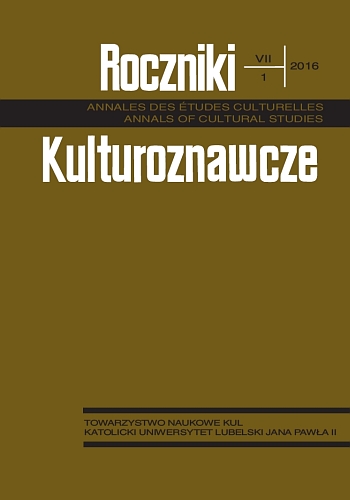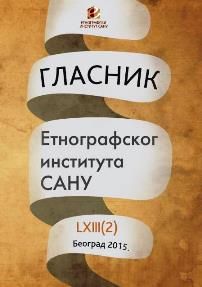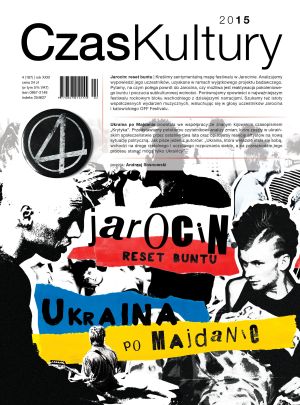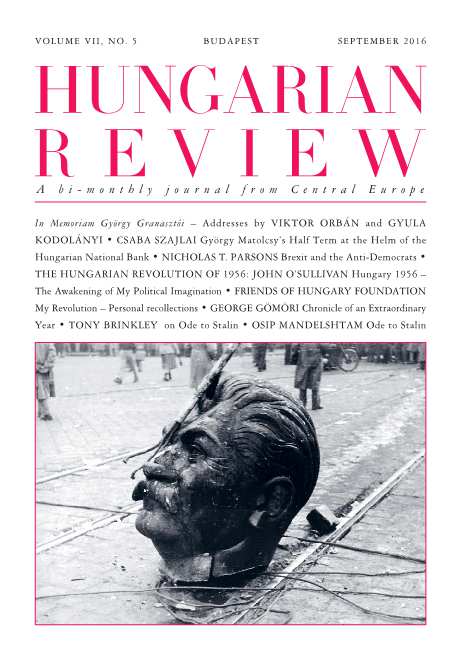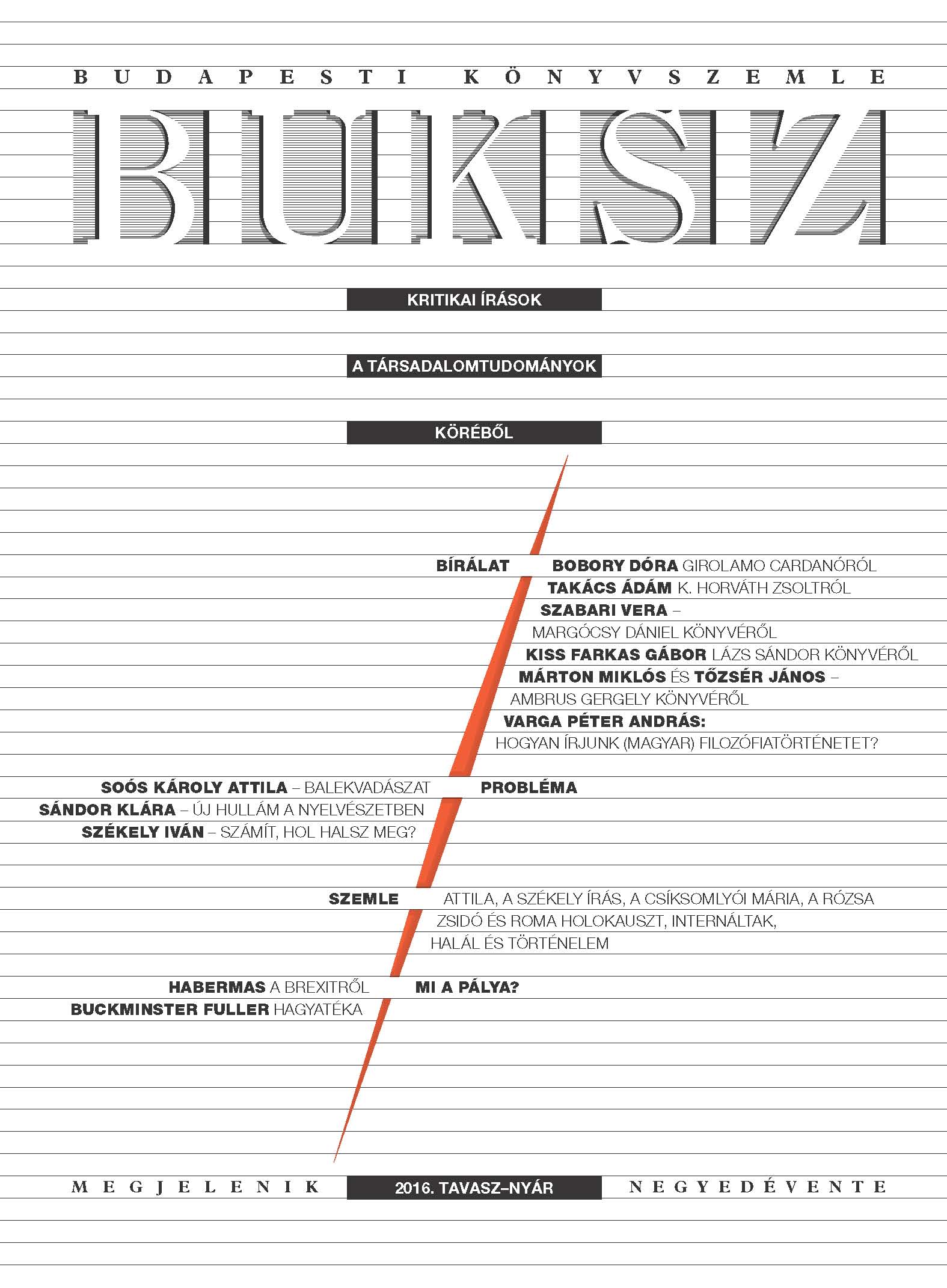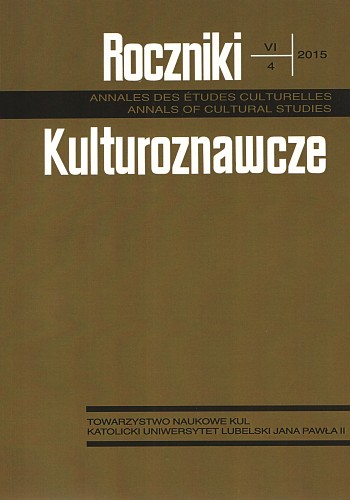
Cybernetyczny model systemu autonomicznego w zastosowaniu do badań nad kulturą
In the paper the problem of possibilities to apply some of the theoretico-methodological conclusions from the field of cybernetics to investigating the problems of culture has been studied. According to the proposed hypothesis, the theory of system approach and the methodology that was worked out by the Moscow-Tartu school of semiotics combined with the concepts and methodology of the cybernetic model of autonomous systems by Marian Mazur will allow the researchers first of all, to determine where exactly the borders of a culture are; secondly, to group the elements of a culture into modules according to their functions and, finally, to recognize the type of interactions between the cultural system and the other systems such as: political, social, economical etc. In the further research perspective, thorough studies over the specific cases of cultural phenomena is necessary to verify the possibilities of application the new methodological tool on practice.
More...
